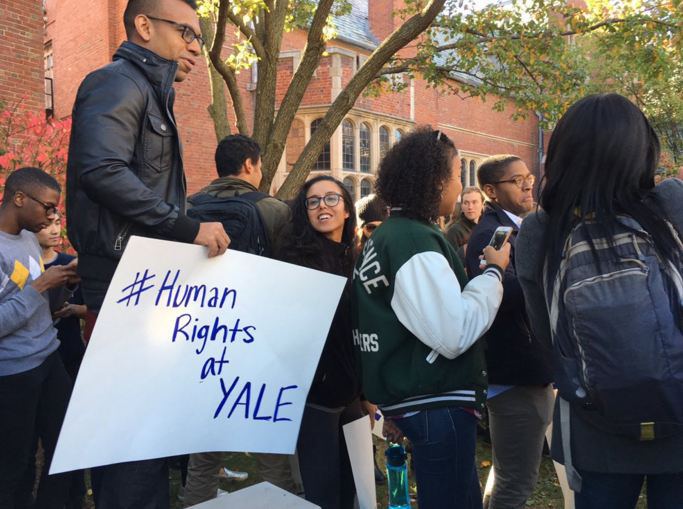Power, not justice, may well decide the fate of liberty in the new Canada.
The Crisis of Our Universities Is a Crisis of Left-Liberalism
The threat to free inquiry and free speech at our universities today flows from the ideology of left-liberalism. As measured by campaign donations and other indicators, the faculty and administrators are almost entirely on the left wing of the Democratic party. It is hard even to imagine that anyone but a left-liberal today could be appointed the head of any one of our top twenty universities.
Leftism and liberalism are in tension, because the former prioritizes equality while the latter prioritizes liberty. Leftists focus on equality of result as opposed to equality before the law. They are also enthusiastic about many forms of social engineering to reach a vision of substantive equality that is every changing. Unlike those on the wholly collectivist left, left-liberals have traditionally been committed to preserving many of the tenets of liberalism– freedom of speech, belief, and the rule of law. But these liberal commitments often stand in the way of achieving their equality goals. Freedom of speech and belief empowers individuals to resist programs of greater substantive equality. The rule of law protects what leftists may regard as entrenched concentrations of power.
These tensions are playing out in the new wave of political correctness that is threatening our universities. In the late nineteenth and twentieth century, free inquiry—itself a principle of the classical liberalism of the Enlightenment– replaced religion as the organizing principle of our great universities. Increasing knowledge, not promoting religion or politics, became the university’s guiding light. And with that objective came rules designed to promote knowledge— respect for free speech, rules of property and decorum, and the separation of the university from religious and political commitments.
But such neutral principles bump up against the left’s interest in using social institutions to help create the kind of society they prefer. As a result, the left-liberals in charge of our universities are often willing to compromise the conditions for free and open inquiry, particularly when doing so helps the university become a better instrument for “social justice.”
For instance, Brown University has committed to even more “social justice” programs and seminars, further undermining the political neutrality of the university, given that social justice is now a code word for progressive change. President Chris Eisgruber of Princeton signed an agreement to end the occupation of his office as well as provide amnesty for the occupiers, undermining the principle that changes at a university should come by discussion not through the use of force. And at Yale and other university the Presidents fail to vigorously defend the right of free speech of professors who may take stances unpopular with the left. The greatest threats to universities today do not come from students but from their own stewards who will not fight for the integrity of their institutions.



